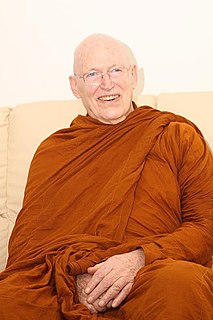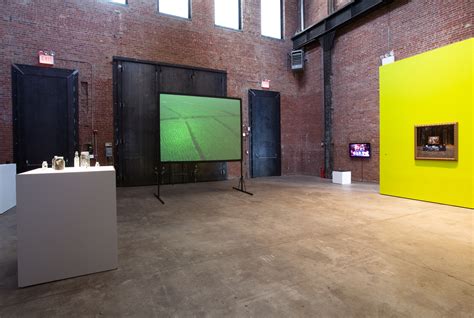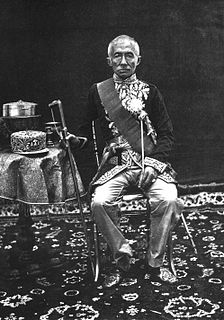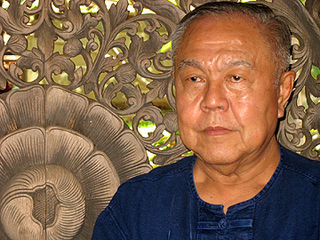Top 101 Quotes & Sayings by Ajahn Chah - Page 2
Explore popular quotes and sayings by Ajahn Chah.
Last updated on April 16, 2025.
All that I have said up to now has merely been words.
When people come to see me, I have to say something.
But it is best not to speak about these matters too much.
Better to begin practice without delay.
I am like a good friend inviting you to go somewhere.
Do not hesitate, just get going. You won't regret it.
You say that you are too busy to meditate. Do you have time to breathe? Meditation is your breath. Why do you have time to breathe but not to meditate? Breathing is something vital to peoples lives. If you see that Dhamma practice is vital to your life, then you will feel that breathing and practising the Dhamma are equally important.
The ultimate truth is like the flavour of an apple which you can't see with the eye or hear with the ear. The only way to experience it is to put the teachings into practice. Once you taste it, you are no longer in any doubt about its flavour and you do not have to ask anyone else. The problem is solved.
Regarding this Dhamma, it is not something that we can simply talk about or take another's word for it. We need to develop meditation so that the understanding arises clearly within oneself. It is not the case that merely by listening to another's explanation our defilements will disappear. When we gain some understanding we need to chew on it again so that we see it for ourselves with certainty: paccattam.
Practicing meditation is just like breathing. While working we breathe, while sleeping we breathe, while sitting down we breathe... Why do we have time to breathe? Because we see the importance of the breath, we can always find time to breathe. In the same way, if we see the importance of meditation practice we will find the time to practice.
The Dhamma has to sink deeply into the mind so that whatever we do, the mind has always goodness within it. All the ways of making merit are aiming at this. Goodness lies in the right view that is established in the mind. Then we don't have to celebrate it or let anybody know about it, simply let the mind have firm confidence in the goodness and keep going like this.
We say that to 'give up all evil and to develop the good' is the heart of the Buddha's teaching. If we only make merit but have not stopped doing bad things, then we will never have a day of completion. It is like an overturned bowl which is left outside in the rain. Even if the water is falling right on it, it only touches the outside and not the inside. In this way the bowl will never get full.

















